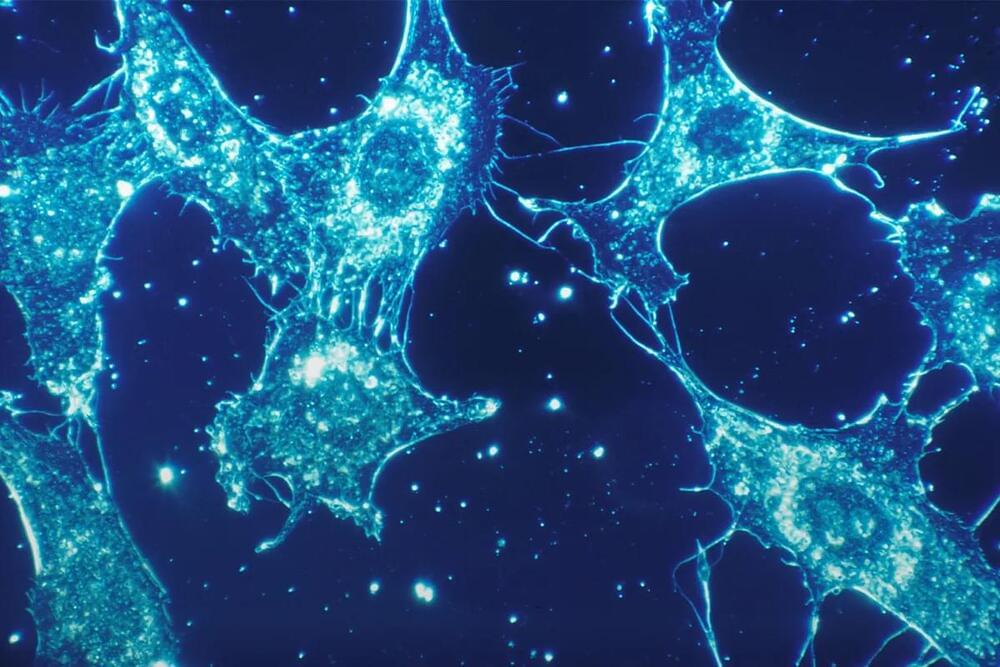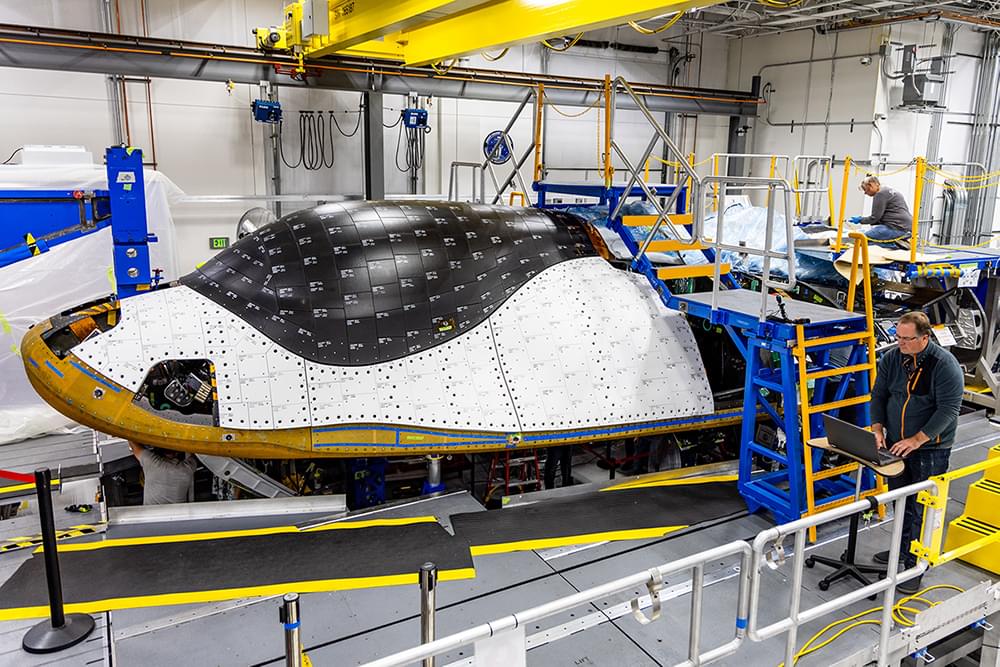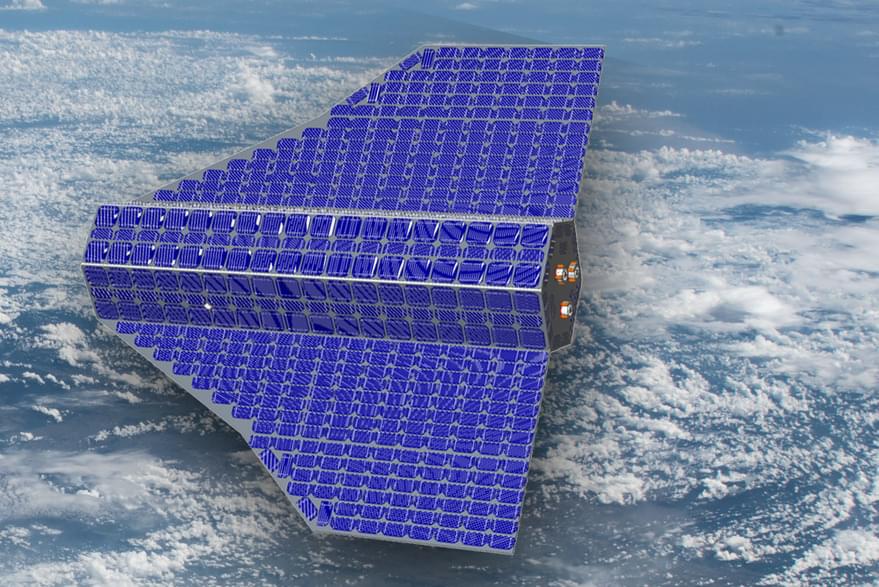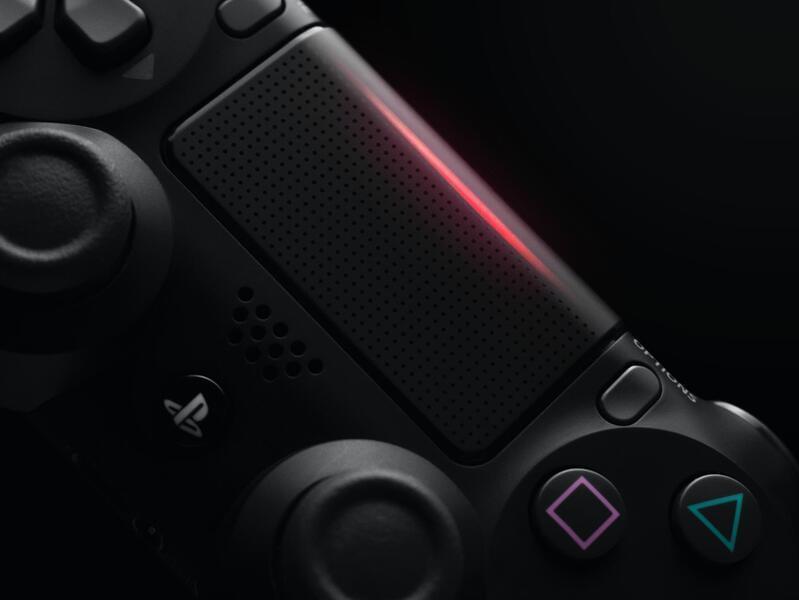On Thursday, a pair of tech hobbyists released Riffusion, an AI model that generates music from text prompts by creating a visual representation of sound and converting it to audio for playback. It uses a fine-tuned version of the Stable Diffusion 1.5 image synthesis model, applying visual latent diffusion to sound processing in a novel way.
Since a sonogram is a type of picture, Stable Diffusion can process it. Forsgren and Martiros trained a custom Stable Diffusion model with example sonograms linked to descriptions of the sounds or musical genres they represented. With that knowledge, Riffusion can generate new music on the fly based on text prompts that describe the type of music or sound you want to hear, such as “jazz,” “rock,” or even typing on a keyboard.







